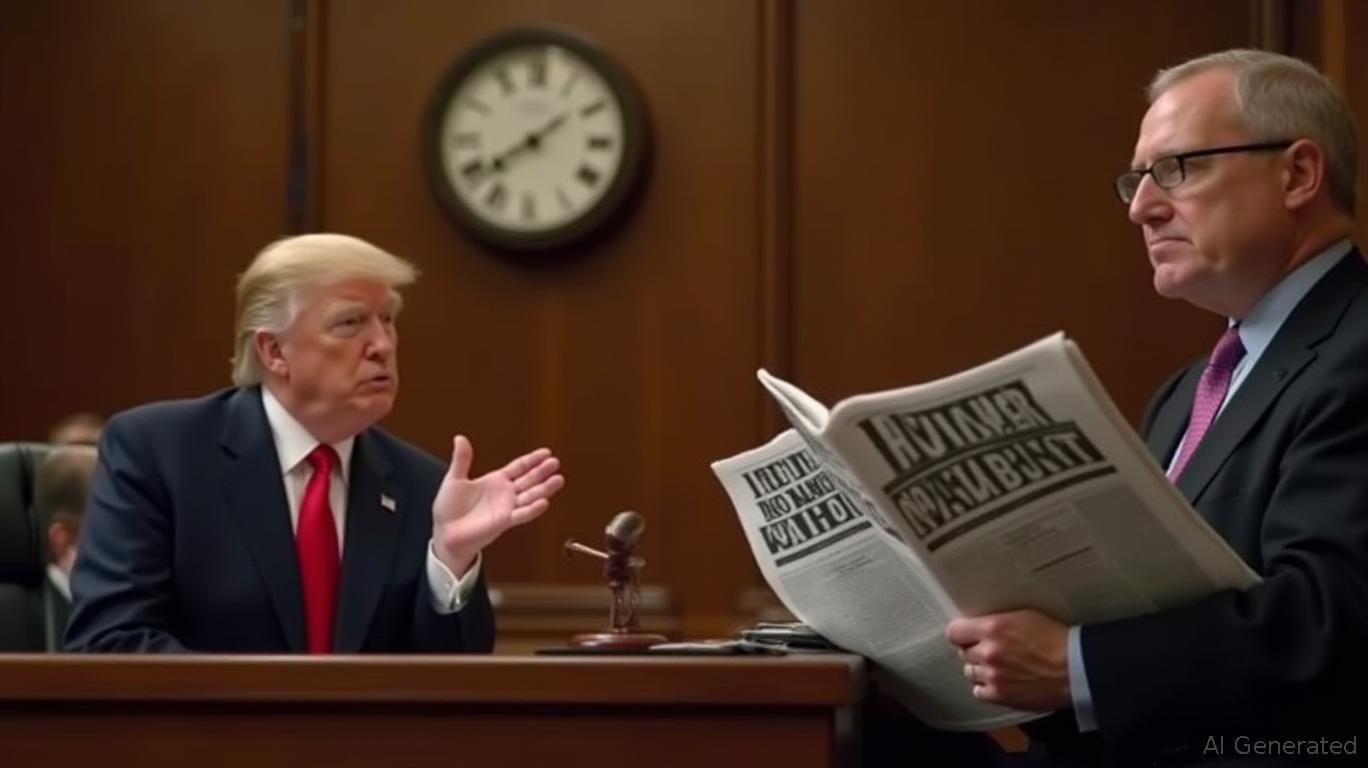Courts Mandate Trump to Provide SNAP Funding, Preventing the Use of Hunger as a Tool
On Friday, federal judges in both Rhode Island and Massachusetts directed the Trump administration to keep funding the Supplemental Nutrition Assistance Program (SNAP) throughout the ongoing government shutdown. The courts required the use of emergency contingency funds to avoid an unprecedented halt in food assistance for 42 million Americans with low incomes. These decisions, delivered within hours of each other, represent a major legal setback for the administration’s assertion that there are not enough funds to meet the program’s $8.5 to $9 billion monthly expenses, according to
Earlier this week, the Trump administration stated that SNAP benefits—normally provided through reloadable debit cards—would be suspended in November due to the shutdown, which reached its 33rd day on November 3. The USDA claimed it lacked the authority to distribute funds until Congress approved a new spending bill, a stance House Speaker Mike Johnson described as President Trump being "desperate" to end the deadlock, as reported by

U.S. District Judge John McConnell in Providence issued a temporary restraining order, labeling the benefit suspension as "unlawful" and cautioning that it would cause "irreparable harm" to families struggling with hunger. In a separate ruling in Boston, Judge Indira Talwani gave the administration until Monday to decide whether it would use emergency funds for partial or full payments, according to the BBC. Both judges highlighted the government’s legal responsibility to keep SNAP running, with Talwani insisting the administration must "utilize available resources to meet its obligations."
The USDA’s position has faced criticism from both political parties. Some states, such as California and New York, have promised to use state money to cover any funding gaps, but the federal government has declined to reimburse them, the BBC reported. The administration has also been criticized for prioritizing a $300 million renovation of a White House ballroom at the same time, as noted by The Guardian.
Legal advocates welcomed the court decisions as a win for at-risk communities. A coalition of cities and nonprofit organizations said the rulings "affirm a core value: no administration should exploit hunger for political purposes," according to the BBC. Nevertheless, the USDA announced plans to appeal, which could further delay benefit payments. The process of reloading debit cards, which usually takes one to two weeks, continues to pose logistical difficulties for those relying on SNAP, as reported by
The shutdown, which began due to disputes over immigration and federal spending, has left government agencies with limited personnel and resources. Although the rulings have temporarily protected SNAP benefits, the larger political conflict remains unresolved.